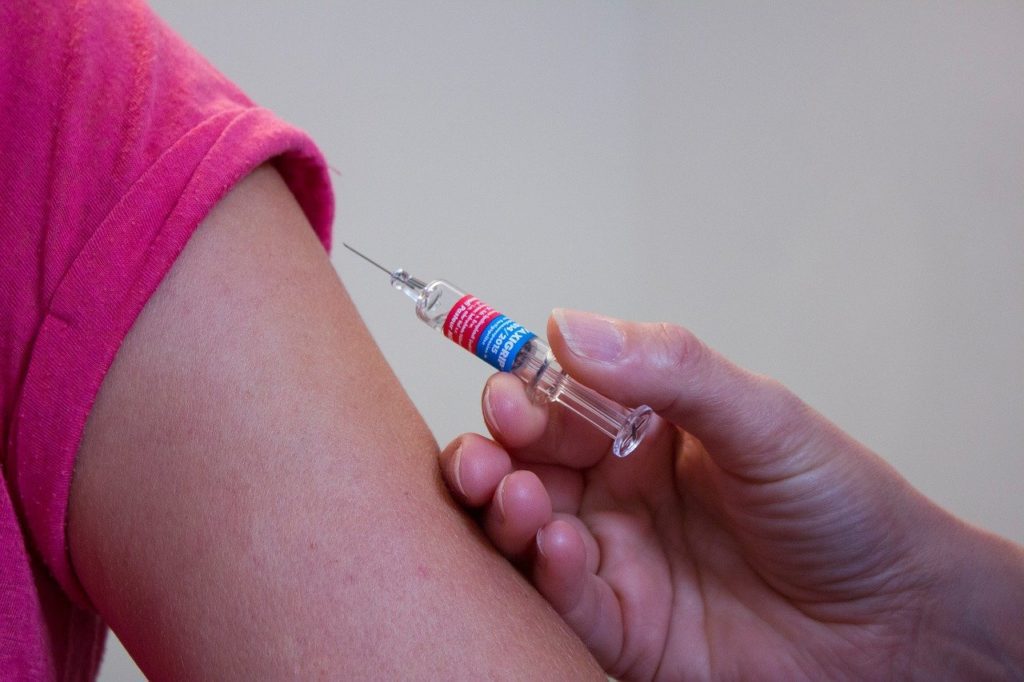In a recent press release, the US Food and Drug Administration (FDA) has authorized a third dose of the Moderna or Pfizer COVID-19 vaccine for people living with compromised immune systems. More specifically, the agency authorized this extra dose for recipients of solid organ transplants and those with ‘equivalent level of immunocompromise.’ As the COVID-19 pandemic continues in a fresh wave of infection and death spearheaded by the much more contagious delta variant, this population continues to be at higher risk compared to the general public overall.
The agency made it clear that this announcement solely applies to the immunocompromised population:
“After a thorough review of the available data, the FDA determined that this small, vulnerable group may benefit from a third dose of the Pfizer-BioNTech or Moderna Vaccines…As we’ve previously stated, other individuals who are fully vaccinated are adequately protected and do not need an additional dose of COVID-19 vaccine at this time.” – Janet Woodcock, MD, acting FDA Commissioner
Anyone with an immune system that does not function as effectively as expected could be considered immunocompromised. These individuals are far more vulnerable to infectious diseases such as COVID-19. Based on the information available about the impact of a third, additional dose, the FDA concluded that it could help increase protection from the virus for this population. Age restrictions for the vaccines (12 years or older for Pfizer and 18 years or older for Moderna) are still in effect for the third dose. The agency recommends that the booster dose should be administered at least 28 days after the patient has completed their initial two-dose course of vaccination.
The announcement comes as big news for the rare disease patient community, as there are a great many rare diseases that impact the immune system and cause it to be less effective. Certain treatments for rare diseases, including certain cancers, can also weaken the immune system and make patients more vulnerable.
The FDA also states that this population should consult with their physician about the use of monoclonal antibody therapies to treat the virus if they are exposed or infected.






